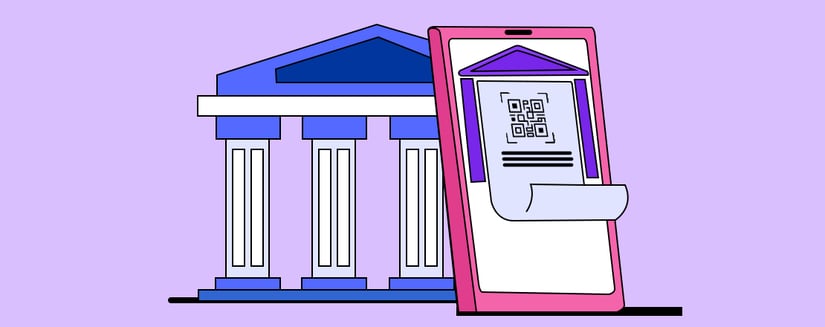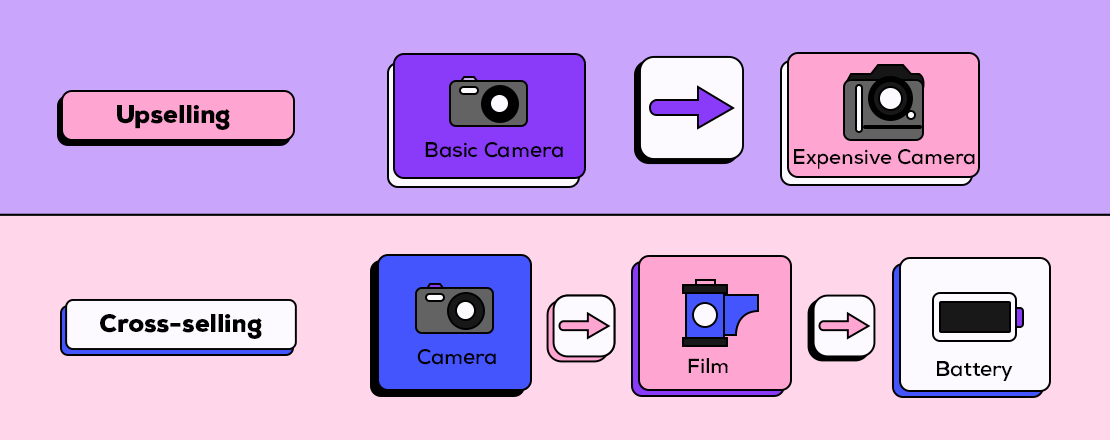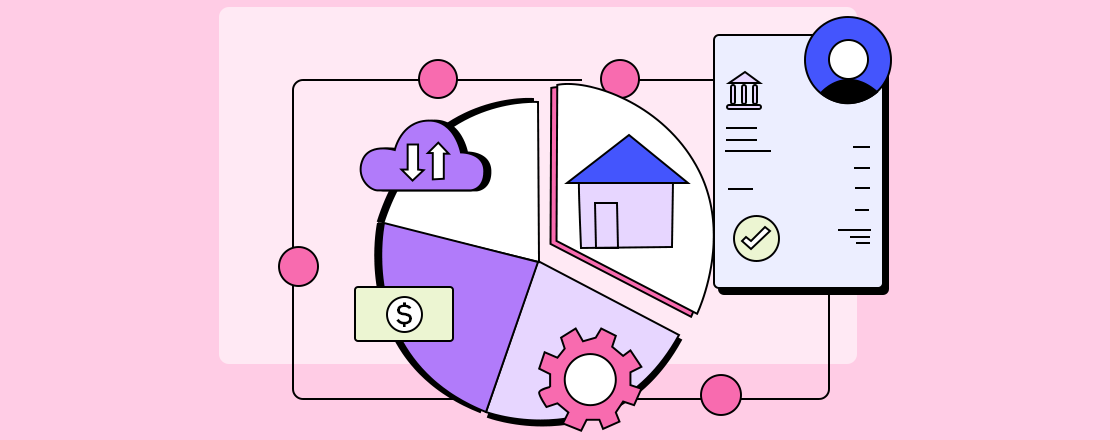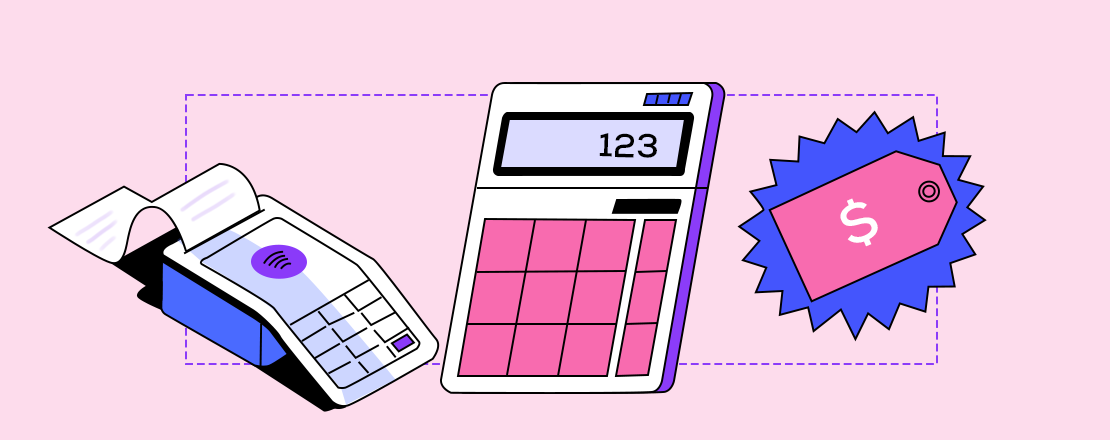The tandem rise of banking as a service (BaaS) and open banking has made it difficult for some to tell the two apart. Many platforms leverage both, and articles discussing fintech trends tend to lump them together. Since they are often discussed together, many assume they are interchangeable phrases for the same concept—but this is not the case.
While both provide user access to a financial institution’s platform, there are significant differences regarding what they share and how they do so. This separates these two technologies completely, and it is important to understand the differences between banking as a service vs. open banking.

To help lenders understand what they are reading when learning about these merging fintech trends, we are going to discuss the three main differences, which are:
- What is being shared
- The level of functionality
- The appearance to consumers
Let’s dive into each in a bit more detail to get a comprehensive understanding of what separates banking as a service (BaaS) from open banking.
What Is Being Shared?
The primary difference between BaaS and open banking is what is being shared through each technology.
With open banking, a third party is able to gain access to the information and credentials of a bank’s customers. This allows a fintech or other third party to provide a few limited functions from that bank that rely on the information being shared (with consumer consent).
Banking as a service is much more comprehensive, as it essentially allows third-party access to any and all of the bank’s functionality. Fintechs can leverage this to essentially act as banks without their own banking license, as all of the actual banking is being done by the institution they are accessing through their BaaS platform.
This results in a fairly substantial difference in functionality offered by each technology.
Level of Functionality
Generally, banking as a service allows a fintech to do much more for consumers than open banking does.
BaaS can allow a fintech to essentially look and function like its own bank. They can allow consumers to bank, borrow, or do anything else they would normally do at a regular financial institution through their own app. Every function a bank chooses to share through BaaS can be utilized by a fintech, allowing for comprehensive libraries of financial products that fintechs can offer without a banking license or any of their own funds.
Open banking is far more limited. Fintechs are only able to access basic banking information like transactions, account balances, and due dates. This is enough access for budgeting apps like Intuit Mint or subscription trackers like Rocket Money (formerly Truebill) to function.
The fintech cannot offer actual banking services if they are only leveraging open banking. They can simply provide a “window” into banking information to provide helpful services that involve the organization or review of that data. This is a one-way flow of information from a bank’s database to an app, but consumers can’t usually make any changes to those transactions unless they contact their bank themselves.
But what does this look like to the consumer?
Appearance to Consumers
To consumers, BaaS makes fintech firms look pretty similar to a bank, with the differences being hard to detect without reviewing one of their contracts or looking at the fine print on the website. If consumers like what a fintech lender has to offer, they can do all applications, agreements, and bill payments through that app seamlessly with no obvious indication that they aren’t actually the ones providing the service.
Open banking makes the point at which the fintech ends and the banking information begins pretty clear. Consumers typically have to enter their banking information into whatever app they are using (like a budgeting app or bill tracker, as mentioned above) and specifically consent to any of the information it will access. However, if users want to make a change or a complaint about any of the transactions, they will have to contact their bank to do so.
The Bottom Line
In summary, banking as a service vs. open banking can be described as a door vs. a window. BaaS acts as a door to banking functionality, allowing fintechs total access to the inside services of a bank. Open banking is simply a window through which consumers can view their banking information, with fintechs providing value by filtering and reviewing that information to give consumers insights that they may not be able to come up with themselves.
For lenders looking to take advantage of the comprehensive functionality of banking as a service, a fintech partner like Skeps may be a great first step.
Understand Banking as a Service vs. Open Banking With Skeps
Skeps offers a comprehensive, end-to-end consumer financing platform that helps businesses modernize their entire payment process. Working with an entire network of established lenders, we go above and beyond one-click payment, also offering a one-click application process for several different types of consumer financing, including:
- Installment financing payment plans
- Co-branded credit cards
- Consumer loans and leases
If you’re looking to partner with a forward-thinking fintech company that will keep consumers' eyes on the purchase while offering best-in-class financing, Skeps is the perfect fit.
Do you have more questions about banking as a service vs. open banking? Request a demo today or email us at support@skeps.com.















